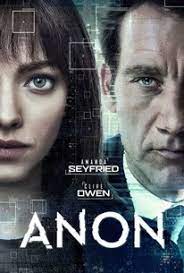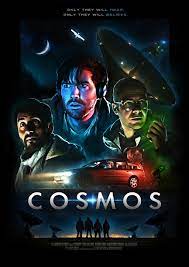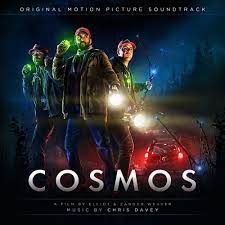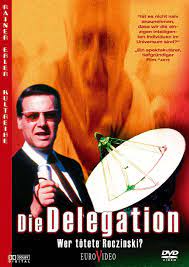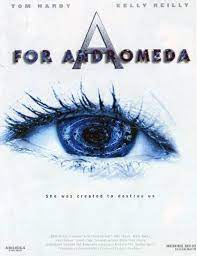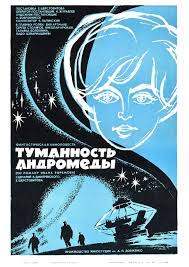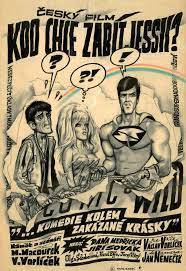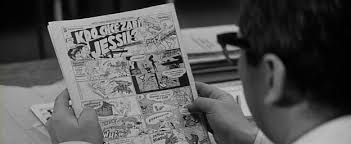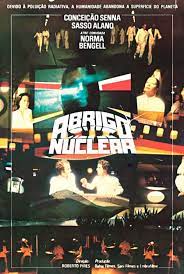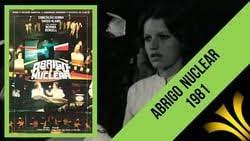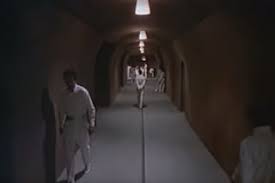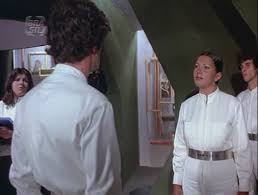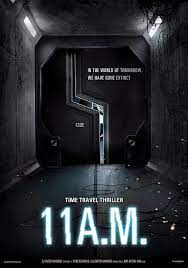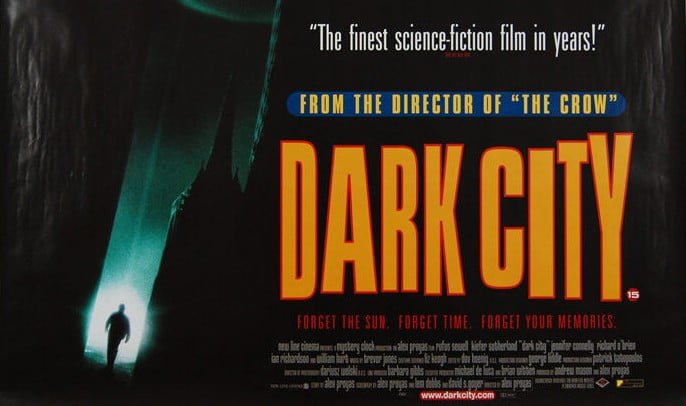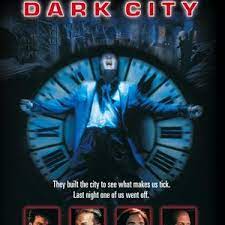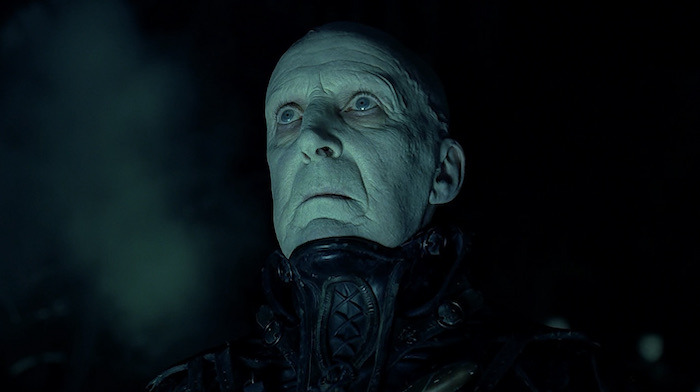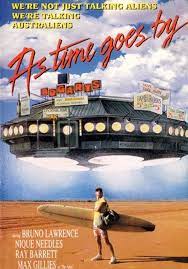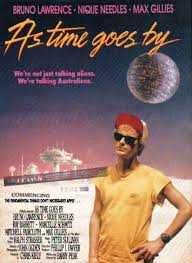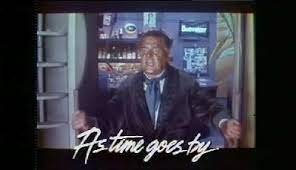Anon (2018)
IMDb meta-data is a runtime of 2 hours and 23 minutes, rated 6.1 by 46234 cinematizens.
Genre: Sy fy; Subspecies: krimi.
Tag: Seeing isn’t believing, Dagwood!
DNA: Anglo-Atlantic.
Verdict: Nice trip, no arrival.

World weary flick passes a stranger in the street who puzzles him. Later he begins to investigate a series of murders. It is a real whodunnit. The first in a century…because in this world there is no privacy — our mind-eyes are open books to the authorities. Everything we see and do is recorded in this dreamworld of a Big Brother McKinsey manager. All of this is deftly conveyed in the first act.
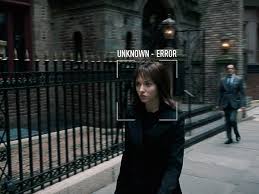
In Act II someone has hacked into this hive mind with a private agenda. Bang! The falling bodies belong to the social elite and that pressures Weary Cop to use himself as bait by going undercover. It seems to work but there are wheels within wheels.
Spoiler alert.
Act III: An even more-super hacker is the puppet master though quite what the motivation was remains a mystery to me, despite a garbled explanation near the denouncement.
Nice touches: close your eyes and the hacker too is now in the dark. Though it is labeled a thriller, much of the action is a group of men, yes all men, sitting around a table, often in silence. That is punctuated by the actors staring into space to access the mental net. Daring that is in these days when the audience is pimply boys wanting blow-em ups in this genre, although they get comprehension in gratuitous sex.

If all records are digital and they are altered then there is no external evidence, no baseline of veracity, like those libraries that microfiched back-runs of newspapers to save space and then pulped them only to discover twenty years later that microfiche has quietly degraded to fly specks just as the data stored on CDs is doing now. Those newspapers, many of them unique local records are gone forever.
This film conjures more effectively than Dark City (reviewed elsewhere on this blog) a world where we cannot believe what we see with our own eyes. However, in common with many other films, since it has no resolution it just goes on and on. It’s too long and then dribbles away in an unresolved ending where there is a promising reference to personal autonomy that comes from and goes nowhere.
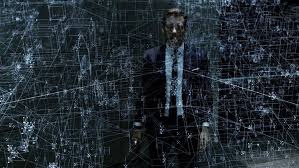
Worst of all the schoolboy villain is neither convincing nor comprehensible. Nor is the intermediate hacker’s response to him credible, she of the nickel-plated revolver, goes to water too fast. But the acting is nonetheless noteworthy all around. These stereotypes are vividly rendered, one-dimensional though they be.

